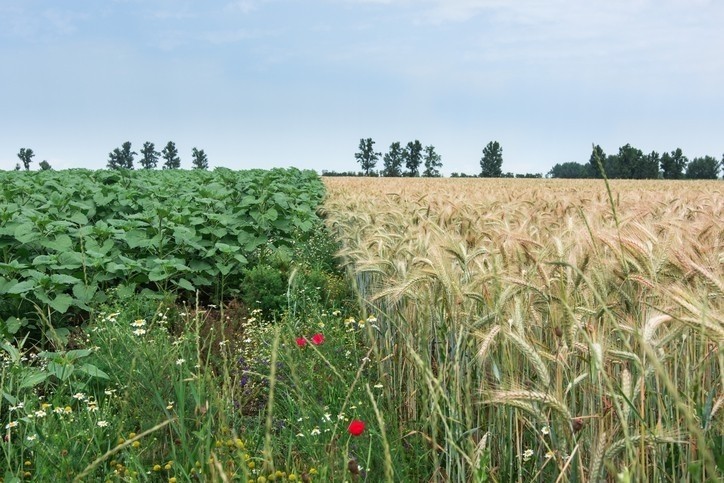



Article by: Hari Yellina (Orchard Tech)
As the world is evolving, so are the industries that are operating within it. In a new concept that is slowly emerging, many are starting to encourage regenerative agriculture. This new concept of agriculture focuses on stabilizing the interdependent relationship between humans and the land. Moreover, it mainly aims to reinvigorate the health and conditions of the ecosystem, the nutritional integrity of the currently depleting food supply and the vitality of communities. Since Australia is famously known as the country of droughts, this novel philosophy is slowly starting to seep into rural and urban farming communities all across the nation.
Overall, regenerative agriculture talks about the emergence of a ‘regenerative era’ where humans are aware of an ecological literary that truly allows them to read, work and learn from the land that they belong from. Here, there is an urgent need to shift from the current mechanical mindset, where nature is depleted and devalued, to an ’emergent’ one. In this particular way of thinking, humans embrace a relational approach to the earth that is heavily rooted in indigenous knowledge, the best of modern science and an open minded approach to the unpredictable forces of nature.
Simply put, regenerative agriculture aims to own farming principles that seek to imitate the basic principles of nature. For instance, this branch of agriculture encourages polyculture of various plants and life forms. Also, it also aims to graze animals in ways that mimic their typical or historic movements in their natural setting, gradually improving and revitalising soil, water, vegetation, biodiversity and animal systems. Instead of using synthetic inputs like chemical pesticides and fertilisers to push the limits of production, regenerative agriculture uses a set of farming practices not just to grow food but to progressively improve the ecosystem in which that food is grown.